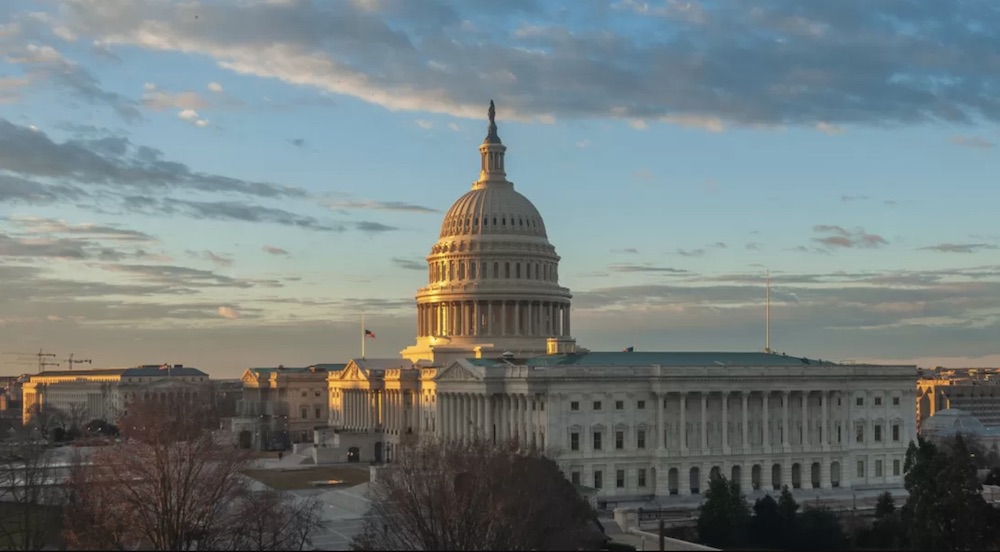
- Details
- By Chez Oxendine
- Policy and Law
A bipartisan bill extending land leases on tribal lands has passed the House of Representatives, paving a path to the Senate.
The bill, HR 1246, authorizes land leases of up to 99 years for land held in trust for federally recognized tribes. Currently, most of the United States’ federally recognized tribes must seek approval from the Bureau of Indian Affairs to lease land. Those lease terms last for 25 years, with an optional second term.
While some tribes can petition for longer leases, many are stuck with the 25-year terms. Bill co-sponsor Rep. Harriet Hageman (R-Wyo.), chairperson of the House Subcommittee on Indian and Insular Affairs, said passing HR 1246 would lower a “significant barrier to economic development on tribal lands.”
“By creating optionality for land leasing up to 99 years, we will open greater economic potential and streamline development opportunities,” Hageman said. “As a result, tribes will have new capabilities to prosper and become more empowered to chart their own course.”
Raul Grijalva (D-Ariz.), minority chair of the Indian affairs subcommittee, was the bill’s co-sponsor. Grijalva said in a prior Tribal Business News story the current lease terms were “paternalistic.” The new legislation would provide flexibility and certainty in the tribal land leasing process.
“[We’re] amplifying tribal self-determination and the issue of sovereignty for federally recognized tribes,” Grijalva said. “This is a very important step.”
The act has seen broad support across both tribes and federal agencies, such as the Bureau of Indian Affairs. During an April 2023 hearing on the subject, Assistant Secretary for Indian Affairs Bryan Newland expressed support for 99-year leases.
“The Department supports the goal of this legislation,” Newland said. “...it would promote economic development opportunities and avoid tribes having to acquire separate legislation for this purpose.”
During the same hearing, Hageman noted Congress repeatedly amended the 1955 Long Term Leasing Act establishing the 25-year terms. In each case, Congress authorized a new individual tribe for longer leases.
She and Grijalva introduced the bill, Hageman said, to “expedite” economic projects among tribes.
“It's time to end this piecemeal approach of the past 67 years,” Hageman said. “By proactively extending this authority to all federally recognized tribes, economic development plans can proceed on a more expedited path.”
The bill was read on the Senate floor April 10 and referred to the Senate Committee on Indian Affairs.
